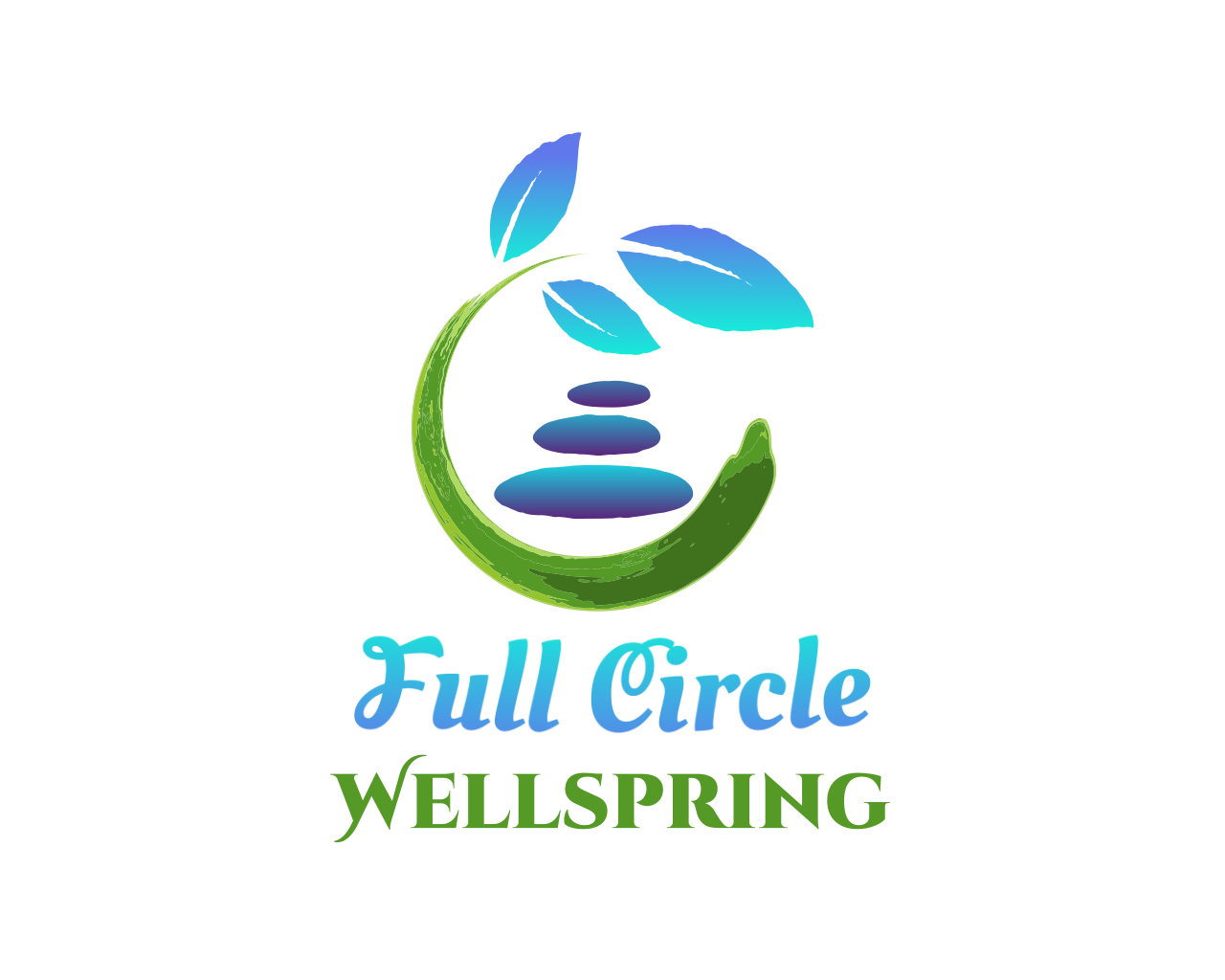Full Circle Fridays|Week 20: Trauma Informed Care
Author Note: If you prefer to listen or watch instead of or along with -
Check out the YouTube video and/or the Podcast audio.
I want to make sure that Survivors understand the importance of trauma-informed care, practices, and businesses. There is also another important factor when considering therapeutic care which is called “trauma trained”. This is what I want to share with you today to be sure that you have the best possible options of finding people and professionals that will gently and responsibly care for you and your specific needs.
Trauma Informed Care (also called “Trauma Responsive” or “T.I.C.”) is a model of caring for clients, students, patients, employees, or anyone under your advisement with not just the standards of dignity and respect. This practice goes deeper by changing the lens in which is looks at other humans and what they might be going through. This approach is assumptive that others have been through traumas and is willing to acknowledge the aftereffects that an individual may be suffering.
The six guiding principles according to the CDC are: safety, trustworthiness & transparency, peer support, collaboration, empowerment & choice, and recognizing cultural issues and differences.
A business or school, for instance, stating they are T.I.C. means they are equipped to acknowledge any trauma impact and to work hard to not re-traumatize someone in the aftermath of any incidents that need T.I.C. to be implemented. Some examples of this would be how an establishment’s guidelines are set to handle discipline issues, behavioral crises, or the uncovering of substance misuse. This also looks like creating an inclusive environment welcoming everyone, leadership being examples of vulnerability when mistakes are made, using calm and clear communication of desired behaviors, allowing everyone to set their own healthy boundaries, not labeling, giving ample notice before making changes that affect the company’s population, making sure there is an open door waiting for anyone who would like to seek services or crisis management or discuss their stress-related matters, and considering different cultures so as to make generalized statements.
Looking for trauma-informed doctors, legal aid, insurance carriers, childcare, schools, and workplaces can be the difference in your overall wellbeing and your continued healing journey. Imagine making huge strides in your trauma recovery, only to be re-traumatized by a doctor who doesn’t know how to approach a weight-related issue with trauma informed care to discuss the possibility of disordered eating or triggers around your weight. If you are working diligently in your personal childhood trauma healing but have so much work-related stress that you start to breakdown, you would want an HR team that you can feel safe to discuss your issues with and to figuring out how to implement changes to improve your wellbeing so you can remain an effective employee. Without this, your boss may see some behavior that seems like you are not “giving work your best effort” and end up letting you go without even knowing what you are dealing with. It’s important for someone stepping out of a domestic violence situation to have compassionate childcare so that there is room for some flexibility in dealing with the parent pick up for instance — as well as being empathetic to your child’s behaviors which may be stemming from the disruptive home life.
A step beyond trauma informed care in business practices, I believe it incredibly important to find therapeutic support that is actually trauma trained. This would be your therapist, coach, psychiatrist, and anyone else in charge of your mental health care. There is a clinical difference here between going to a therapist who has trauma informed care guidelines as a standard of administration, practice, policies, and consent versus a therapist who is specifically trauma trained in helping you with your trauma history and mental health and wellbeing.
As trauma survivors, as often as you can, you want to find trauma responsive businesses. It would the same as finding grocery stores that have a wide organic section or buying from vendors with cruelty-free products as some examples of circumstances that honor a person’s goals and desires in their life. For you, a trauma informed gas station may not be important, but your workplace or community co-op that you visit regularly would be very helpful. For your clinical needs like therapy, ‘trauma-trained’ is the key words you are looking out for. As a trauma-trained coach, I would love to help you surround yourself with people who can be sensitive with you along your journey. If you need advice, support, or person- or region-specific resources, feel free to reach out. I look forward to helping you with this and any of your trauma recovery needs.

